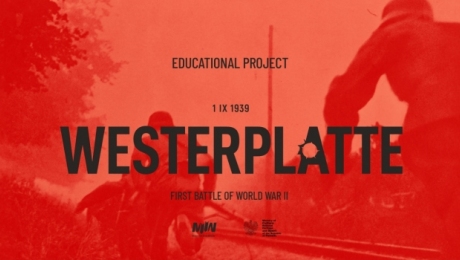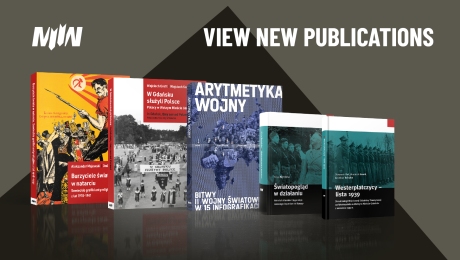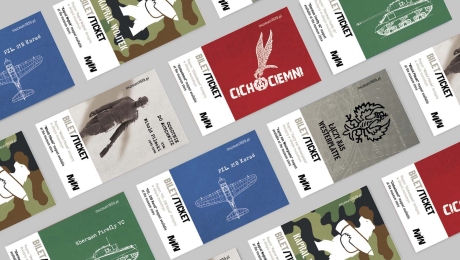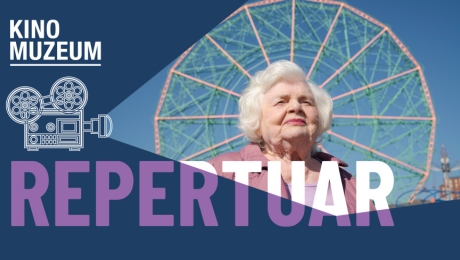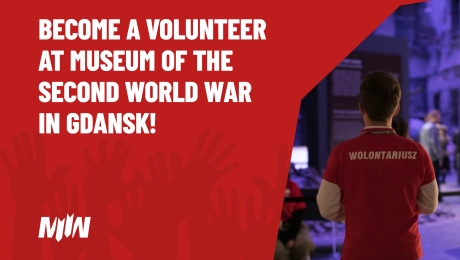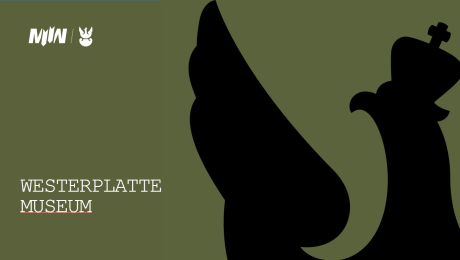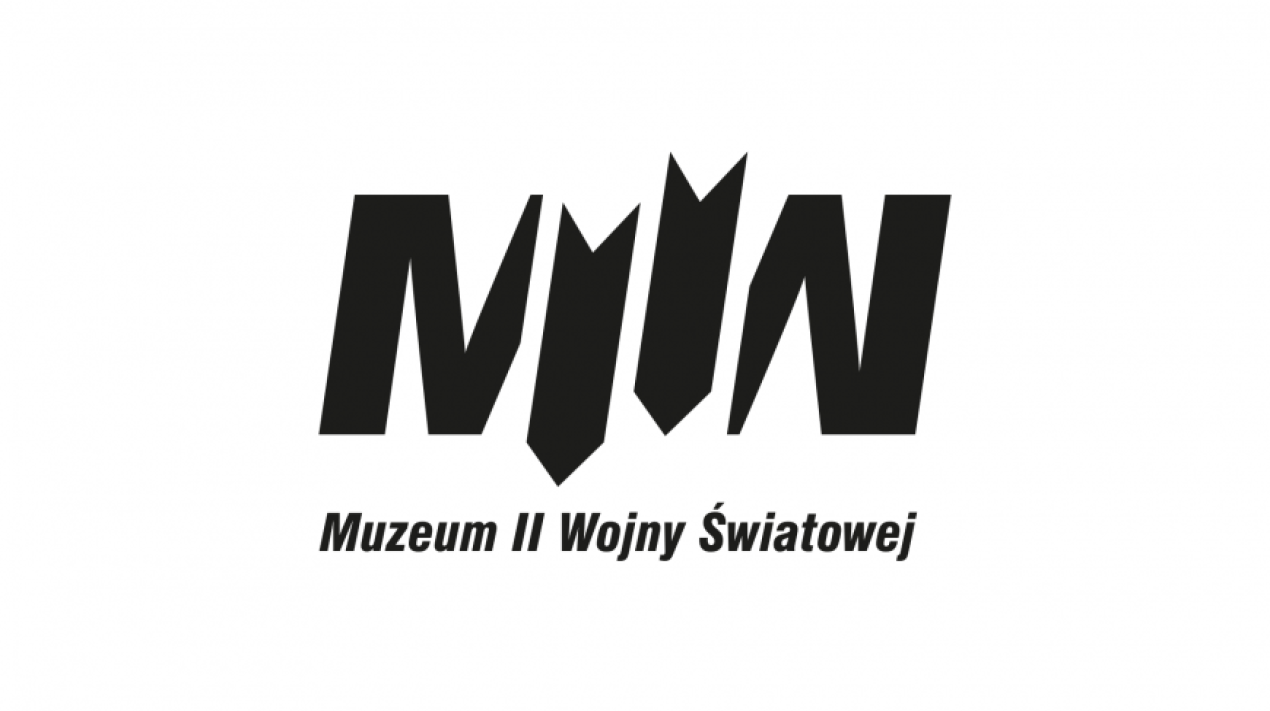The first meeting of the Museum Board of the Museum of the Second World War
The Board’s inaugural meeting took place on 30 April 2009 at 11.00 in the offices of the Ministry of Culture and National Heritage at Krakowskie Przedmieście 15/17 in Warsaw.
Prior to this meeting, Minister of Culture and National Heritage Bogdan Zdrojewski had officially appointed its members. In his speech opening the meeting, the minister stressed that the reason to create the Museum of the Second World War in Gdańsk is to give the Polish perspective on the time of this war in a way that can be understood also by non-Poles. Since people in the West are still not familiar with all the facts about this war, it is extremely important for the Polish national interest that the Museum tell the story of the Home Army and its contribution to the Allied victory over Nazism. Zdrojewski stressed that even though it is the essence of the Museum’s exhibitions, not the building itself, that is of the greatest importance, it was a very good decision to establish the Museum in Gdańsk, at Wałowa Street. The minister expressed the hope that the Museum would remain free of political pressures, so that every Pole, regardless of his political views, would see it as his own.
After the minister left, Director Paweł Machcewicz presented the Museum’s key programmatic premises and surveyed its most important activities for 2009. These included the announcement of the invitation for tenders for the visualisation of the permanent exhibition and the preparations for the architectural competition in 2010. He also gave an overview of the staff’s current work on the outdoor exhibition, to be opened on Westerplatte Peninsula on 1 September 2009. As soon as the Museum was established, its staff began extensive archival research in Poland and abroad, not only with the Westerplatte exhibition in mind, but also in order to plan its future permanent exhibition. Expert opinions will assist in creating the permanent exhibition, and these have been commissioned from prominent Polish and foreign experts on the Second World War. Director Machcewicz went on to present the design of a sociological research project on the Poles’ awareness of the Second World War, which the Museum will shortly contract. The study’s findings will be presented publicly on the 70th anniversary of the outbreak of the war.
The Board members engaged in a discussion, which included formulating several detailed proposals on issues such as plans for the permanent exhibition.
The Museum Board chose Andrzej Przewoźnik, secretary of the Council for the Preservation of the Memory of Struggles and Martyrdom, as its chairman. It agreed to alternate its meeting venues between Warsaw and Gdańsk.






